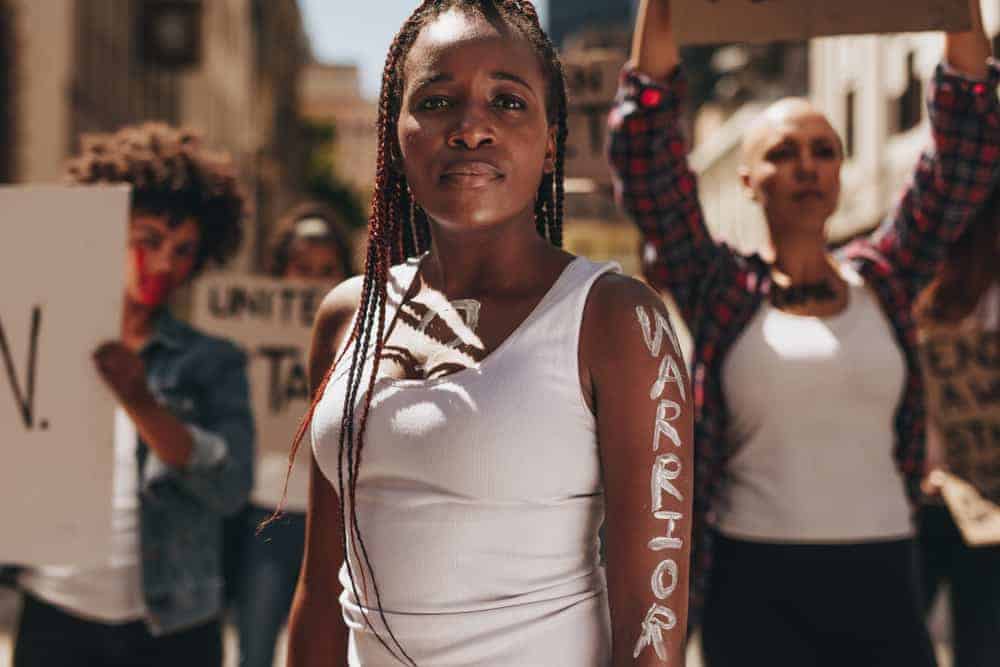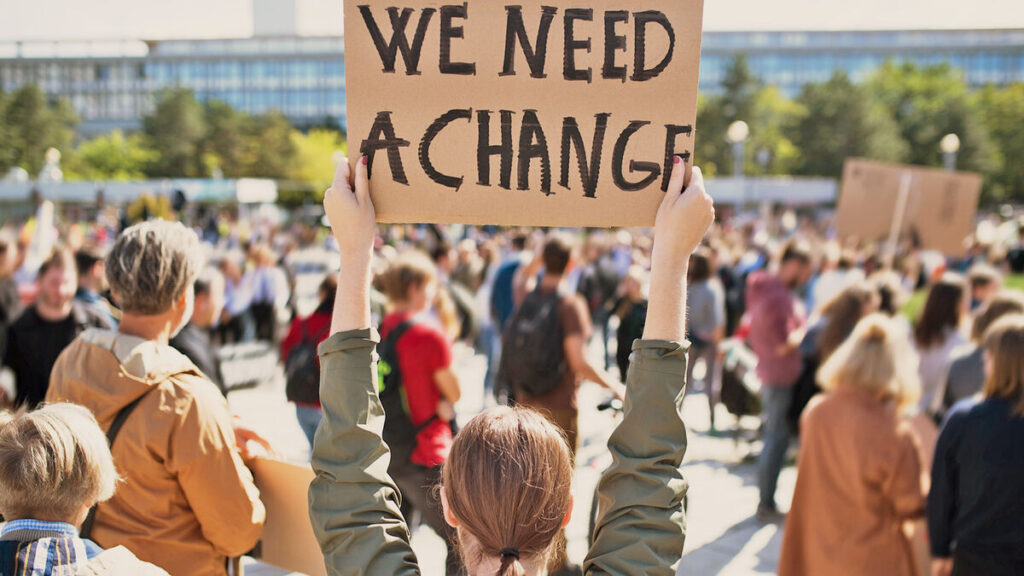This article delves deep into this thought-provoking question, aiming to provide clarity and understanding on whether societal concern extends to personal issues.
The Significance of Social Empathy
Understanding Empathy in Society
Empathy, the ability to understand and share the feelings of others, forms the cornerstone of societal connections. It fosters compassion, unity, and support networks essential for collective well-being.
The Impact of Empathy on Individual Issues
Individuals grappling with personal challenges seek validation and support from their communities. When society demonstrates empathy, it acknowledges the legitimacy of individual struggles, fostering a sense of belonging and emotional security.
The Role of Media in Shaping Perceptions
Media platforms serve as powerful influencers, shaping societal attitudes and values. Their portrayal of various issues can either amplify or diminish their perceived importance, influencing public empathy.
The Dynamics of Societal Concern
Does Society Really Care About Your Issues?
Examining Public Perception
Public opinion often varies regarding the significance of individual issues. While some issues garner widespread attention and support, others may be overlooked or marginalized, depending on prevailing societal norms and values.
Factors Influencing Societal Concern
Numerous factors influence the degree of societal concern for individual issues. These may include cultural norms, media representation, political agendas, and the perceived relevance to broader societal interests.
Case Studies: Illustrating Societal Responses
Analyzing real-life examples provides valuable insights into societal responses to individual issues. By examining both successful advocacy campaigns and overlooked concerns, we can better understand the complexities of societal empathy.
Navigating Personal Challenges in a Social Context
Seeking Support Systems
During times of adversity, individuals rely on support systems within their communities. Whether through family, friends, or support groups, these connections offer emotional sustenance and practical assistance.
Overcoming Stigma and Discrimination
Certain issues carry social stigmas or face systemic discrimination, hindering individuals from seeking help or recognition. Addressing these barriers is essential in fostering inclusive and supportive environments.
Promoting Awareness and Advocacy
Raising awareness through education and advocacy initiatives is instrumental in garnering societal concern for overlooked issues. By amplifying voices and sharing personal narratives, individuals can drive meaningful change and foster empathy.
FAQs (Frequently Asked Questions)
1. What can I do if I feel society doesn’t care about my issues?
Seek out supportive communities, advocate for your cause, and share your story to raise awareness.
2. Why do some issues receive more attention than others?
Various factors, such as media coverage, cultural relevance, and political agendas, influence societal prioritization of issues.
3. How can I combat societal indifference to my concerns?
Engage in dialogue, educate others, and collaborate with like-minded individuals to highlight the importance of your issues.
4. Is there hope for societal change regarding neglected issues?
Yes, societal attitudes are fluid and can evolve through education, advocacy, and collective action.
5. What role does empathy play in addressing individual issues?
Empathy fosters understanding and support, essential components in addressing and alleviating individual struggles.
6. Can personal stories influence societal attitudes?
Absolutely, sharing personal narratives humanizes issues and fosters empathy, prompting societal action and change.
Conclusion
In conclusion, while the extent of societal concern for individual issues may vary, empathy remains a powerful catalyst for positive change. By fostering understanding, compassion, and advocacy, individuals can bridge the gap between personal struggles and societal empathy, creating a more inclusive and supportive world.
